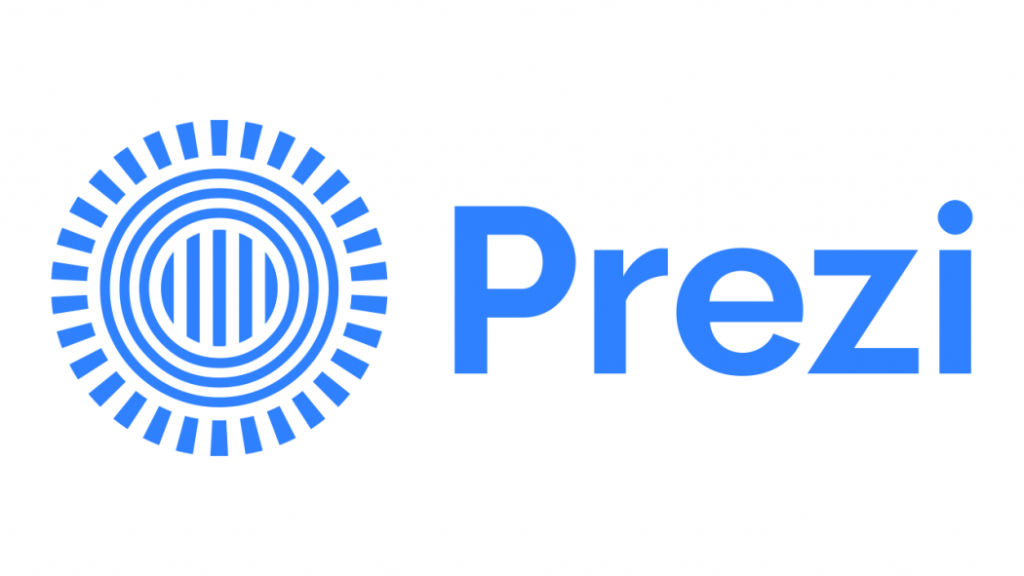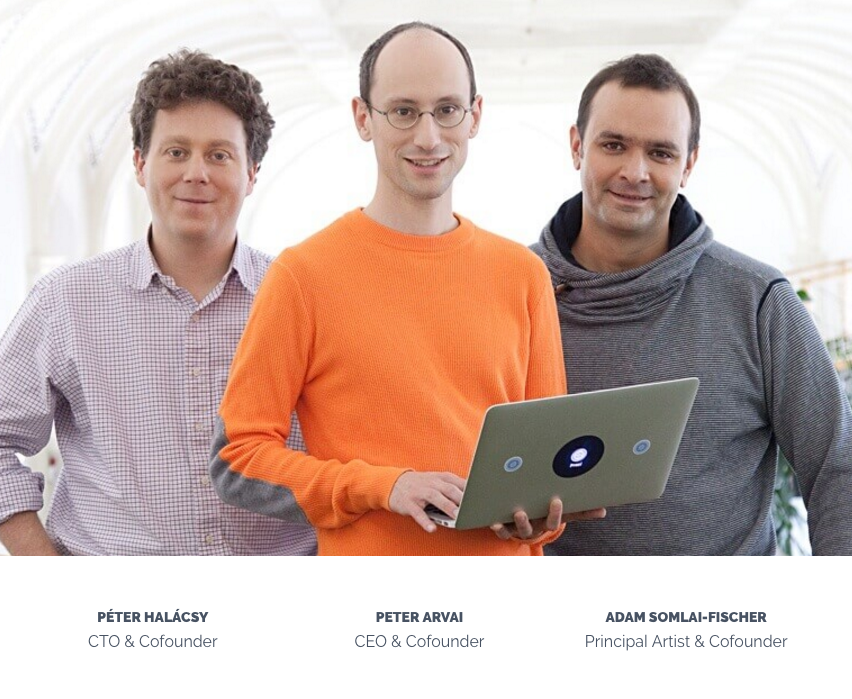
What is Prezi, and why?
Prezi is a web-based tool for creating presentations. It’s similar to other presentation software like Microsoft PPT, but it offers some unique features that make it a good alternative. In recent years, it has become popular in schools and businesses. Most types of presentation software use a slide-based approach, where you move back and forth between individual slides, kind of like pages in a book. Prezi, however, uses a canvas-based approach. Instead of using slides, Prezi has one very large canvas that your presentation moves around on, zooming in and out to view various frames. Prezi is completely free to use. There are upgrades you can pay for to unlock additional features, but everything you need to create and share a dynamic Prezi is available free of cost. In addition, Prezi always looks the same, no matter what computer you’re viewing it on.
Peter Arvai

Along with Peter Halacsy and Adam Somlai-Fischer, Peter Arvai founded the novel presentation software Prezi. See the founder’s story in a Prezi presentation here.
Peter Arvai is a Swedish businessman of Hungarian parentage. He is the CEO and co-founder of Prezi. As an entrepreneur, he founded omvard.se in Sweden, and co-founded Prezi along with other two co-founders Adam Somlai-Fischer, a designer and Peter “HP” Halacsy, a computer scientist and university professor; and officially launched it.
Prezi was founded in 2009, at the start of the financial crisis — hardly auspicious timing. “Starting from Hungary in the midst of a recession and taking on the world’s largest giants, that wasn’t something that people immediately wanted to invest in,” says Arvai, who went without a salary for the first year and a half. Another huge roadblock was the strong competition of the three giants of the IT industry: Microsoft, Apple and Google. More than a few investors have turned him down because they did not believe that he would ever have a chance to succeed. Arvai later approached TED Conference given the companies’ common vision of promoting the open exchange of ideas and he had pitched the investment idea to in the conference and managed to have TED as the earliest investor.
Today many companies use Prezi as an indispensable part of their new virtual workplace, such as:

What is interesting about Prezi is that it can be handled effortlessly by any user with a myriad of creative features. competes in accordance with the market needs. In 2020, and due to the global shift to online conferencing, the company launched Prezi video, a software that enables the presenter to share content and meaning more effectively through interactive graphics on the screen. See how it works here.
I found a Forbes article (dated 2016) where Peter Arvai outlined his plan to beat PowerPoint. At the time, Prezi had 75 million users, was adding 1.2 new users per month, had raised almost $73 million, and was re-investing its earnings. Interestingly enough, Peter only had limited entrepreneurship experience, launching a heath care startup and a mobile internet startup prior to Prezi. With a stated mission to help people share ideas so they can make better decisions, Prezi has now become a direct competitor with PowerPoint.
In the interview, Peter admitted that “Prezi has exceeded our wildest expectations”. He even sold early versions of Prezi for different prizes (ranging from $20 to $2,000) in order to see how people reacted. As stated in the post above, Prezi currently competes with three IT giants (Microsoft, Apple, and Google) and has approximately 100 million users worldwide. While these numbers are impressive, Peter himself acknowledged that he did not anticipate this level of success for Prezi nor did he foresee it being in direct competition with PowerPoint. For these reasons, I believe Prezi may have been a combination of an useful product and good timing, and not necessarily strategic planning and foresight from its co-founders.
I cannot agree more. The product is not only useful but also fancy with about the right time to be introduced to the world. I feel that although Microsoft PPT is very practical and versatile, the world at that time needed something that provides a next step. To that end, I second what you said about being timely and beneficial.
I like Prezi a lot and how you defined it as a canvas based approach as opposed to slide based approach.
What I am still left guessing though is the motivation to enter the presentation market, especially with such large and established competition. What skills did Peter have that allowed him to be successful or maybe was it the novel idea of a canvas based presentation style?
In addition to being a successful entrepreneur, Peter is known as a software developer. He started off by developing the world’s first mobile phone newsreader app and mobile viewer for TED talks. This was way before iPhone. He also created an award-winning healthcare database. So, he has the talent, and he teamed up with effective partners who joined their forces collaboratively to present something new. We cannot ignore the fact that canvas-based presentations are fancier and do seem like the next step of classic slideshows.
I have used prezi in limited capacity. However, at my work, I have had training instructors use prezi in large training on large screens. While, i do like the visual aspect of it, one key aspect is how to design a good prezi presentation. The constant zooming in and out did have a negative aspect on staff like dizziness and this was a common theme when one is moving quickly through slides. We eventually stopped using it and reverted back to ppt and other media. I find the presentation market is changing and we are yet to see a do it all visual media presentation that will compete with the likes of ppt.
Hi Luke
I completely agree with you that the zooming and sliding of the visuals can be uncomfortable for the eyes, and even tiring. However, I still believe that the pros do outweigh the cons, overall. I feel that it is similar to why people still prefer normal phone calls even though they can facetime anytime for free. It seems that people use advanced technology or fancy features for specific occasional purposes while they tend to fall back to the basic regular ones when it comes to daily communication. Prezi is growing and including other versions like Prezi Video, which cannot be replaced by ppt that easily.
Thanks for sharing